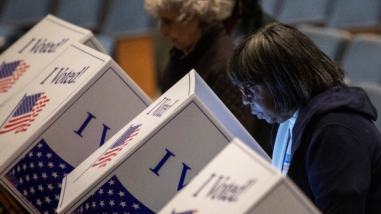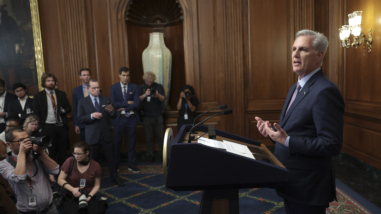William & Mary Law School Foundation
For The Election Law Program
-
Amount$475,000
-
Program
-
Date Awarded6/2/2021
-
Term36 Months
-
Type of SupportGeneral Support/Program
Strategies
About the Grantee
Grantee Website
www.electionlawprogram.org



